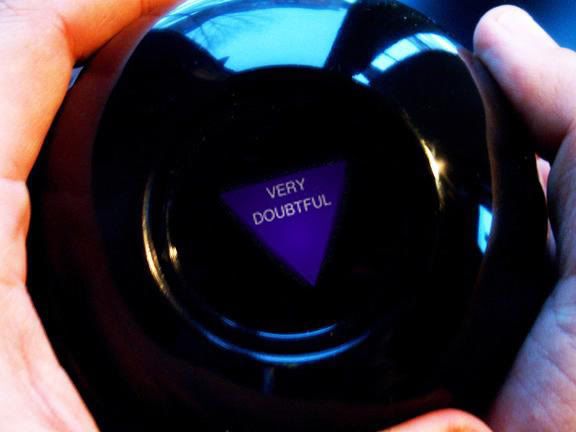I have a busy busy day ahead of me. Eileen and I are taking off to spend a few days at a cottage with our friend, Barb Phillips. We leave Wednesday night. Before then I have to get a bunch of stuff ready for church (3 weeks of bulletins stuff, the new Jazz Gloria, at least the first anthem for the first choir Sunday on Sept 8).

I also have to get my Mom back and forth to the neurologist this morning. We were on a wait list and were called yesterday. They mailed me a huge packet of forms to fill out which I haven’t even opened yet. My patience with medical bureaucracy is at an all time low. Several of the providers seem to have redone their systems and no longer recognize me as someone who can access and discuss Mom’s health. I was a bit upset yesterday with one of them and managed to bully them into letting me schedule Mom with the proviso she would sign a new release form at the appointment.
So I’m a busy, sometimes grumpy guy.

The good news is it looks like I have a working version of my Jazz Gloria.

Unsurprisingly, the illustrious Nick Palmer got back to me with helpful comments. He also sent me some of his work which I suspect he thought was along the lines of the style I was working in incorporating a bit more popular feel (or as I like to think of it: writing what I hear). As usual his work is interesting, attractive and well constructed. I like this guy.
I have a bulletin copy of the Gloria ready to go in. We are planning to begin this Sunday with it and my other Jazz Mass pieces (Sanctus. Fraction Anthem).

Our contractor is coming at 8:30 to take a look at our mostly finished project. He has promised to help Eileen with a few more tasks around the house like leaky ancient faucets upstairs. We also have our fridge sitting on a heat vent. This won’t work. So something must be done before we need to use the furnace.
Anyway about the title of today’s post. It’s a phrase and a concept from Daniel Kahneman’s Thinking Fast and Slow. It refers to the fact that in all fields, experts (because they are human beings) will more likely make bad judgments if they go by their idea of their skills and intuitions and ignore basic formulas based on simple facts.

Time and time again Kahneman cites case studies that pit subjective judgment against simple statistical formulas. In every case, the formula beats the human judgment. This means doctors, economists, political pundits as well everyday guesses and judgments we all make.
The book is making a huge impact on my own understanding of myself and how I relate to my surroundings.
Another insight he writes about is the more confident someone is their predictions and understandings, the more likely they are to be wrong.

I have to wonder if my own wavering confidence in my judgments has anything to do with noticing this effect over my lifetime.

Nah.
Anyway, more tomorrow. I have a lot to do.